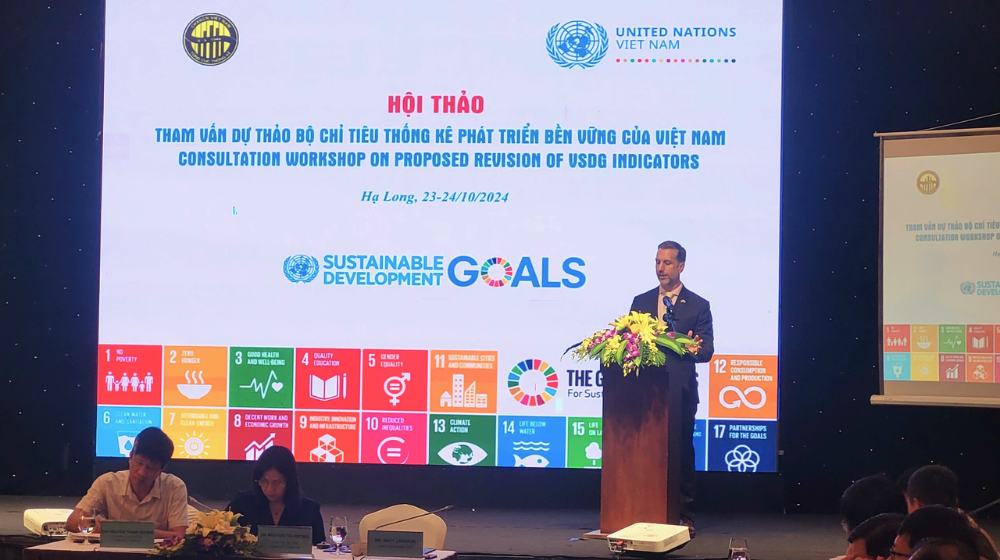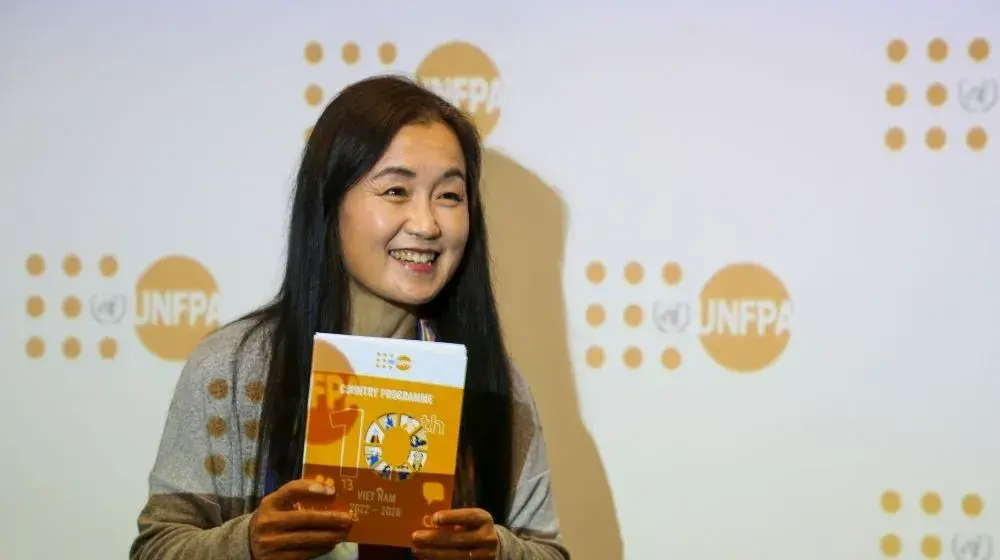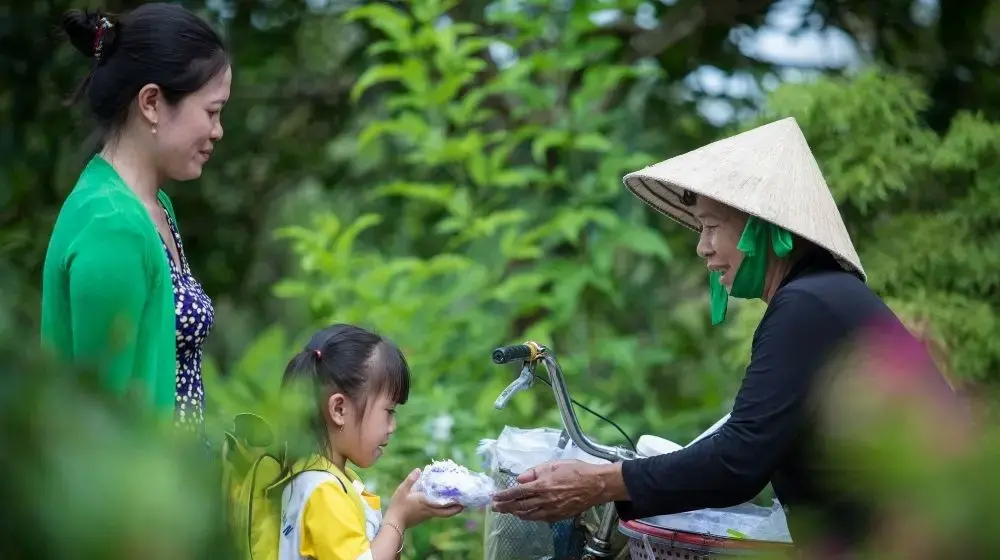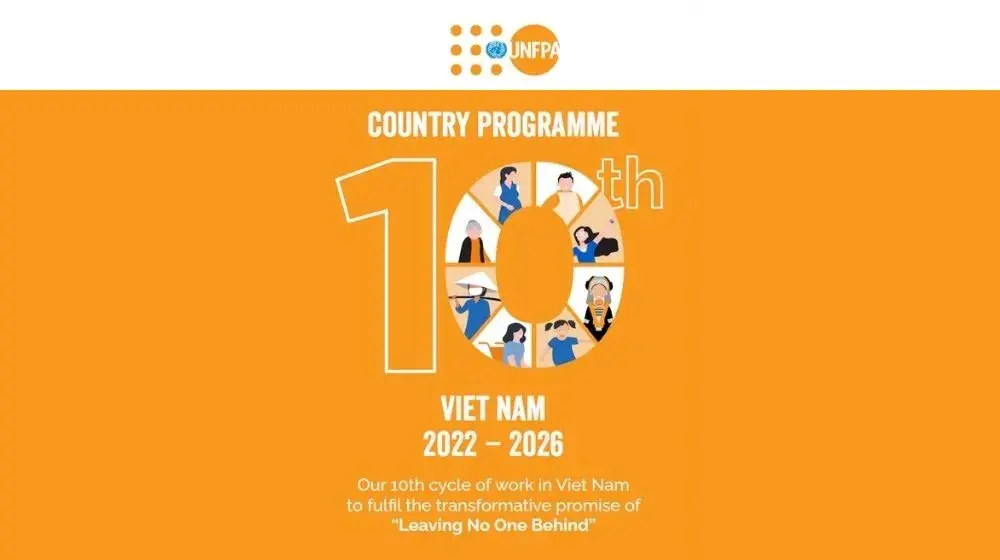Opening Remark of Mr. Matt Jackson - UNFPA Representative in Viet Nam at the Workshop on proposed the Viet Nam Sustainable Development Indicators
- Dear Ms. Nguyen Thi Huong, Director General of the General Statistics Office;
- Representatives from Government’s Ministries and Agencies;
- Colleagues from UN agencies and development partners;
- Dear participants.
It is my honor to be with you today on behalf of the UN Resident Coordinator in Viet Nam to discuss the revision of the Sustainable Development Goals (SDGs) indicators for Viet Nam.
I would like to acknowledge MPI’s leadership in conducting an inclusive process towards consensus with all stakeholders on updating VSDG indicators.
I am also thankful to my UN colleagues including UNICEF, UN Women, ILO, UNEP, UNFPA and the Resident Coordinator’s Office who have provided technical and financial support to this process. Their expertise has been instrumental in ensuring that the revised indicators are robust, relevant and reflective of both the global agenda and local priorities.
Viet Nam's journey towards sustainable development has been inspiring, showcasing dedication at every level of society. Since the adoption of the National Action Plan in 2017 and the creation of the Vietnam Sustainable Development Statistical Indicators (VSDGIs), substantial progress has been made on achieving several SDGs, such as poverty reduction, health, education, and clean energy as highlighted in the recent government report on SDG implementation. For instance, the multidimensional poverty rate has declined significantly, and access to clean water has improved dramatically, with more than 98% of households now using improved water sources. Effective policies, infrastructure development, and your collective efforts have all contributed to making good progress.
From a United Nations perspective, we are pleased to see the renewed commitment to the 2030 Agenda through the new roadmap for sustainable development. Importantly, this roadmap includes revisions of indicators to further align national efforts with global SDG indicators to allow for better international comparison and to respond to Viet Nam's unique development needs and priorities.
Today’s consultation workshop is an important part of the journey on last-mile efforts towards a shared vision of a sustainable, equitable and resilient future for all. The revised indicators, with disaggregated data, allow for better understanding of inequalities, and help to effectively address issues facing vulnerable population groups such as children, women, ethnic minorities, and people with disabilities. This is how we will leave no one behind. The revised indicators are not an endpoint but a step forward in our shared journey towards sustainable development.
I am pleased to return to Ha Long City and to see how quickly it has recovered from the terrible damage caused by typhoon Yagi. The UN is supporting the government of Viet Nam’s response, and our thoughts are with those impacted by the disaster. In both humanitarian and development settings, SMART indicators are used to measure progress and compile data. These statistics are not just numbers – they tell human stories. They speak about people’s health and well-being, their prospects, ambitions and socio-economic circumstances. When collected and analyzed, statistics can tell us where policies have worked, where people have benefited and help us to see those at risk of being left behind. Quality data in humanitarian settings is even more crucial for informed decision-making that minimises risks, saves lives and optimises resources.
In consideration of the importance of SMART indicators and corresponding data, while my UN colleague, Bui Linh, will elaborate on key issues we are currently facing in Viet Nam, I count on your continued efforts to further reform the existing indicators and data collection systems toward aligning with the international SDGI framework, responding to local needs and priorities-particularly addressing vulnerability and exclusion of left behind groups, and ensuring that they are reflected in strategic plans and strategies.
I want to close by thanking you for your dedication, partnership and commitment to leaving no one behind. I am confident that through our collective action, we will enhance our ability to measure progress, respond to challenges, and ultimately, make a meaningful difference in the lives of people across Viet Nam.
I wish you a productive workshop.
Xin cảm ơn and Thank You All.





